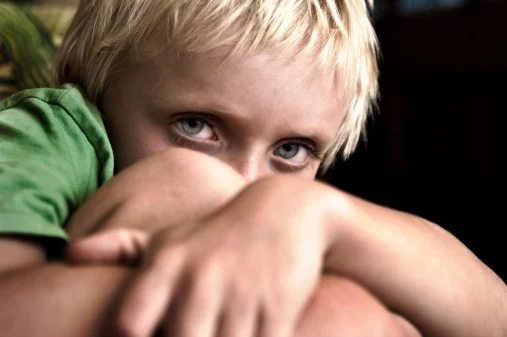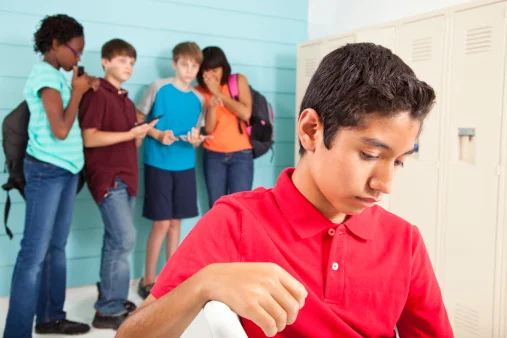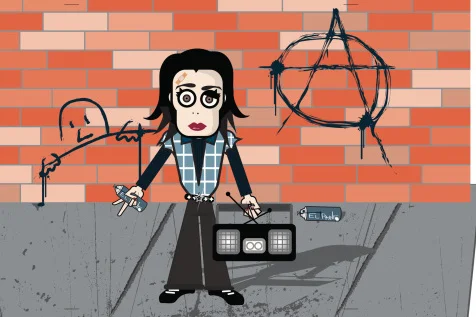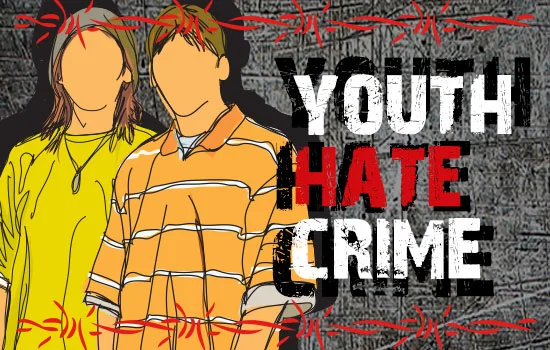+1 845 259 2974 (11 a.m to 7 p.m CST)
Sibling Bullying at Home: Understanding the Long-Term Effects
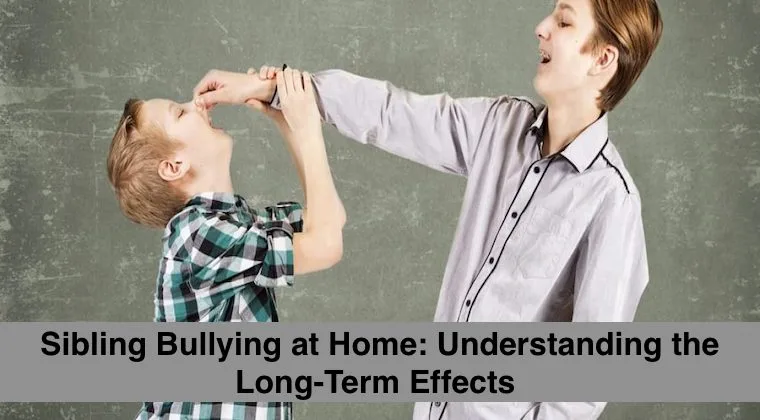
Sibling bullying is a form of harmful behavior between siblings that goes beyond typical teasing or rivalry. While many people think sibling conflicts are normal, persistent bullying can have lasting effects on mental health and relationships. Just like bullying among peers, sibling bullying can involve verbal, emotional, and even physical harm.
It’s important to understand that sibling bullying is not just a phase or a harmless part of growing up. Research shows that its long-term effects can be serious, impacting individuals well into adulthood. Let’s take a deep look at the causes of sibling bullying, the immediate and long-term effects it can have, and how families can break the cycle.
What is Sibling Bullying?
Sibling bullying happens when one sibling repeatedly tries to harm or control another. This can take many forms, including:
- Verbal bullying: name-calling, insults, or threats.
- Physical bullying: hitting, kicking, or other forms of physical aggression.
- Emotional bullying: exclusion, manipulation, or spreading rumors.
Unlike sibling rivalry, which is usually equal and short-lived, sibling bullying involves an imbalance of power. One sibling may be older, stronger, or more dominant, and they use that power to hurt the other repeatedly.
Causes of Sibling Bullying
Sibling bullying often arises from complex family dynamics and environmental factors. Some common causes include:
- Family stress: When parents are dealing with high stress, like financial difficulties or marital problems, they might be less able to monitor sibling relationships. This can lead to bullying going unnoticed or unchecked.
- Parental favoritism: If one child feels that a sibling is favored by the parents, this can lead to resentment and bullying.
- Personality differences: Some children naturally take on more dominant roles, while others may be more submissive, creating a power imbalance.
- Learned behavior: Children who witness aggressive behavior, either from parents or outside influences, may imitate it with their siblings.
These factors contribute to an environment where sibling bullying can flourish, often without the parents realizing how serious it is.
Short-Term Effects of Sibling Bullying
In the short term, sibling bullying can have immediate effects on both the victim and the family. These include:
- Psychological effects: Victims may suffer from anxiety, depression, or low self-esteem. They may feel powerless or develop a negative self-image.
- Physical effects: Stress from bullying can lead to fatigue, headaches, or stomach problems. In severe cases, physical bullying can result in injuries.
- Social impact: Children who are bullied by a sibling may struggle to make friends or perform well in school. The constant tension can also affect their ability to focus on studies.
- Family tension: Sibling bullying often increases family conflict, straining relationships between not only the siblings but also between parents and children.
The short-term effects are serious, but they are just the beginning. Without intervention, these problems can continue to affect victims well into adulthood.
Long-Term Psychological and Emotional Effects
The long-term consequences of sibling bullying are often overlooked, but they can be profound. Victims may carry emotional scars that shape their lives for years after the bullying has ended. Some of these effects include:
- Mental health struggles: Victims are more likely to experience depression, anxiety disorders, and even post-traumatic stress disorder (PTSD). The ongoing stress and fear from childhood can lead to persistent mental health challenges.
- Relationship difficulties: Sibling bullying can create trust issues that make it hard to form healthy relationships in adulthood. Victims may struggle with intimacy, fear rejection, or have trouble asserting themselves.
- Low self-esteem: Constant bullying can lead to deep feelings of worthlessness that carry into adult life. This can affect both personal and professional success, as the individual may doubt their abilities or shy away from challenges.
- Unresolved anger: Victims of sibling bullying often feel lingering resentment or anger toward their sibling, which can cause long-term family estrangement or ongoing conflict.
These long-term effects show that sibling bullying is far more than a childhood issue—it can impact victims for the rest of their lives.
The Impact on Social and Professional Relationships
Sibling bullying not only affects personal mental health, but it can also influence how victims interact with others throughout life. Some long-term social effects include:
- Trust issues: Victims of sibling bullying may struggle to trust friends, partners, or colleagues, fearing that they will be hurt or betrayed again.
- Social isolation: Because of their negative experiences at home, victims may withdraw from social situations, finding it hard to build meaningful friendships.
- Workplace challenges: Bullying during childhood can affect professional life too. Victims may have trouble standing up for themselves at work or may repeat patterns of being victimized by colleagues or bosses.
- Repeating the cycle: Unfortunately, some victims of sibling bullying may either become bullies themselves or may enter into abusive relationships, repeating the harmful patterns learned at home.
The impact of sibling bullying is wide-ranging and can affect nearly every aspect of a victim's life.
Breaking the Cycle: Prevention and Healing
The good news is that it’s never too late to address sibling bullying and begin the healing process. There are steps families can take to prevent and resolve bullying at home:
- Recognizing the signs: Parents need to be aware of the differences between normal sibling rivalry and bullying. If one child constantly feels afraid, hurt, or powerless around their sibling, it’s time to step in.
- Open communication: Encouraging honest, open discussions about feelings can help prevent bullying. Children need to know they can come to their parents if something is wrong.
- Intervention strategies: If sibling bullying is ongoing, mediation or family counseling can help resolve the conflict. Both the victim and the bully need support to understand the root causes and change their behavior.
- Professional help: Therapy can be an important tool for both the victim and the perpetrator to heal from the effects of sibling bullying. A therapist can help the victim rebuild self-esteem and work through trauma, while also helping the bully address their behavior and learn healthier ways to interact.
Breaking the cycle of sibling bullying takes effort, but it is essential for creating a healthier family environment.Sibling bullying is a serious issue that can have long-term effects on mental health, relationships, and overall well-being. It’s important for families to recognize the signs of bullying early and take steps to prevent it. Addressing sibling bullying can help ensure that all children feel safe, supported, and able to grow into healthy adults.
By fostering open communication, seeking professional help when needed, and working together to rebuild trust, families can heal from the effects of sibling bullying and create a more positive home environment.



